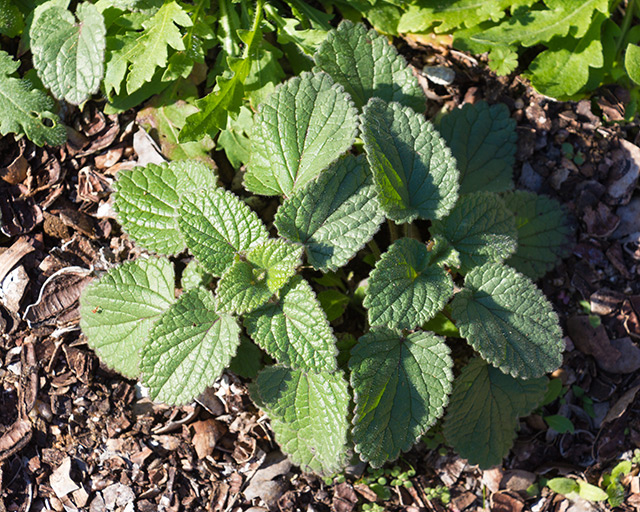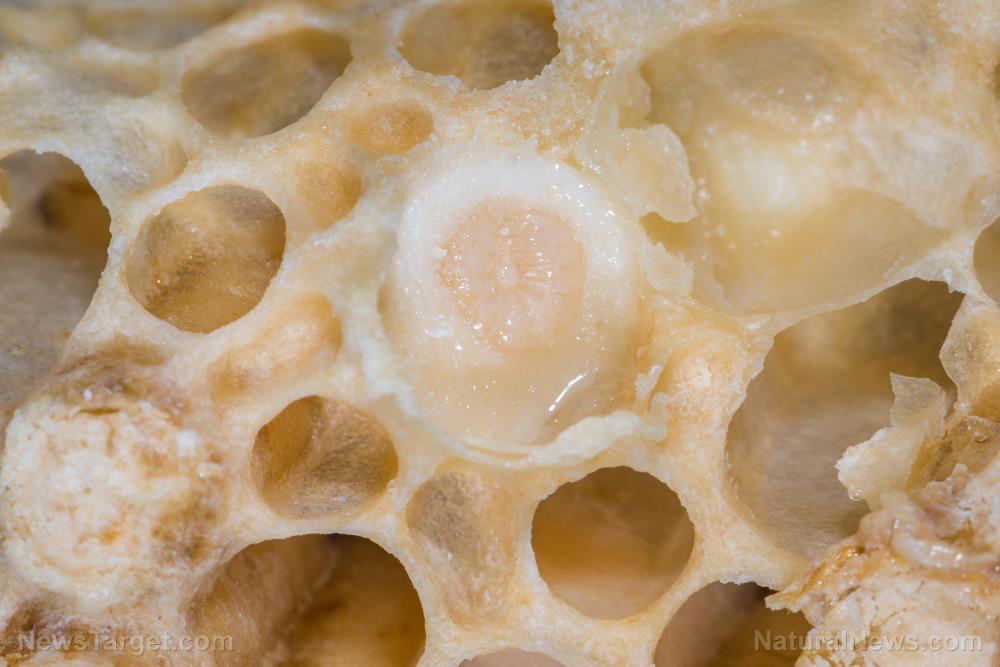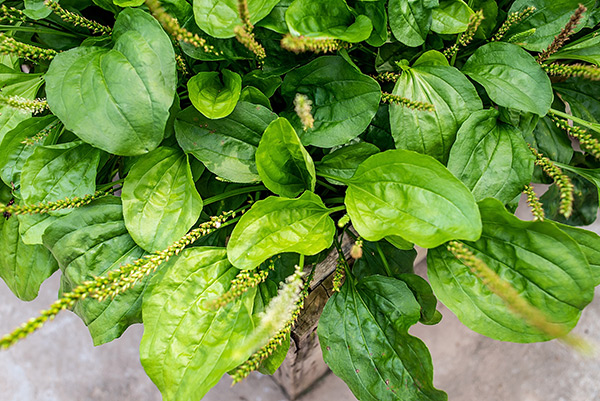Chinese herbal medicines that can improve memory and cognition
06/30/2020 / By Evangelyn Rodriguez

Older adults often suffer from mild cognitive impairment (MCI). It is defined as the stage between cognitive decline that comes naturally with aging and the more serious decline in brain performance (dementia). MCI affects many aspects of cognition, such as memory, language, judgment and thinking.
Although researchers have yet to pinpoint a single cause of MCI, they are aware that MCI comes with mental conditions. These include depression, irritability and aggression, anxiety and apathy. Having MCI also increases a person’s risk of dementia. In fact, studies have found that around 10 to 15 percent of people with MCI develop dementia each year.
Modern treatments for MCI and dementia involve mostly medications that are yet to be proven effective. But there are natural ways for individuals with MCI to improve their condition. Cognitive training, for instance, can help them develop their remaining cognitive skills. Improving their cardiovascular fitness can also lower their risk of further brain damage caused by blockage of blood vessels.
But in a recent study, researchers at RMIT University in Australia found yet another way to boost cognitive function without using modern medications. By evaluating clinical evidence presented by multiple studies, the researchers found that traditional Chinese medicines (TCM) can induce positive changes in the brains of adults with MCI.
They reported their findings in an article published in The Journal of Alternative and Complementary Medicine.
The effect of TCM herbs on MCI
According to statistics, about six to 12 percent of the global population suffers from MCI. But research suggests that early treatment may stop MCI from progressing to severe cognitive impairment.
The Montreal Cognitive Assessment (MoCA) is a sensitive measure used to evaluate changes in cognitive function. MoCA is often used to test the effects of TCM on people with MCI.
The researchers searched five biomedical databases for randomized controlled trials that compared oral TCM with appropriate controls and that assessed changes in cognition using MoCA.
They evaluated the effects of TCM treatment by calculating mean differences and 95 percent confidence intervals. Risk of bias was assessed according to the Cochrane tool.
The researchers selected a total of 19 studies, 16 of which contributed to data analyses. Three studies were placebo-controlled, while nine compared a TCM herb with conventional medication. Three studies combined a TCM with a modern drug, and one study combined a known TCM with cognitive training.
In two of the placebo-controlled studies, which lasted for 24 weeks, TCM herbs produced favorable results at the end of treatment. Two studies that tested the combination of bu yang huan wu tang and donepezil reported improvements in the integrative groups.
Overall, results suggested that certain TCM formulations can improve MoCA scores by 1.76 to 2.34 points.
Based on these findings, the researchers concluded that TCM herbs, owing to their active components, can improve cognitive function in people with MCI. (Related: Electroacupuncture confirmed an effective alternative treatment for mild cognitive impairment.)
TCM herbs that can boost cognitive health and function
Many herbs in TCM are used to improve brain function and address memory loss. Ancient Chinese healers believed that supplementing with herbs that improve blood flow to the brain and boost energy levels is the best way to combat memory loss and cognitive decline. Here are some TCM herbs that can enhance memory and cognition: (h/t to AMCollege.edu)
- Ginkgo biloba (yin xing ye) — Also known as maidenhair, ginkgo biloba helps improve concentration and revitalize the brain by improving blood flow to it.
- Hawthorn berries (shan zha) — Known for their antioxidant properties, hawthorn berries can strengthen blood vessels, remove toxins and boost cognitive performance.
- Ginseng (ren shen) — Panax ginseng, or Asian ginseng, is known not only for boosting energy levels, but also for stimulating mental activity.
- Rosemary (mi die xiang) — Used to make brain tonics since ancient times, rosemary is said to enhance mental clarity and recall.
- Gotu kola (ji xue cao) — Considered a cooling herb, gotu kola promotes circulation, enhances memory and also promotes longevity.
- Lemon balm (xiang feng cao) — Well-known for its calming effects, lemon balm is a sleep aide that also improves memory and cognition.
- Chinese skullcap (huang qin) — Often used in herbal formulas, Chinese skullcap can detoxify the brain and strengthen the nerves for better brain performance.
According to TCM beliefs, people who keep their minds healthy need not suffer from cognitive decline that comes with age. The combination of a healthy lifestyle, a balanced diet, the avoidance of toxins, good-quality sleep and regular supplementation with brain-boosting herbs can effectively prevent MCI and age-related cognitive issues.
Sources include:
Submit a correction >>
Tagged Under:
alternative medicine, anti-aging, brain function, brain health, brain health boost, Chinese medicine, herbal medicines, Herbs, memory, mild cognitive impairment, natural cures, natural medicine, prevention, remedies, research
This article may contain statements that reflect the opinion of the author
RECENT NEWS & ARTICLES
COPYRIGHT © 2017 CHINESE MEDICINE NEWS





















